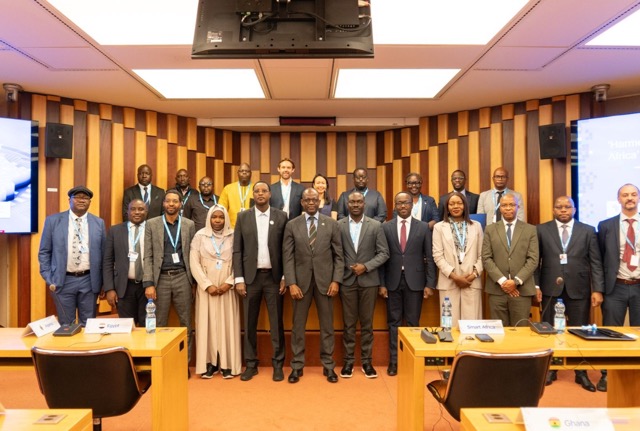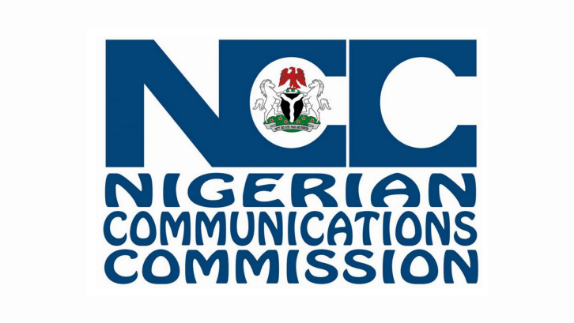At the AI for Good Summit in Geneva, pan-African organization Smart Africa brought together government representatives from over ten African countries to launch a comprehensive Model AI Policy Framework designed to guide the 70% of African nations that have yet to establish national AI strategies.
The framework represents a significant step toward harmonizing AI governance across the continent, with countries like Kenya, Algeria, and Ghana sharing their early experiences in developing national AI policies during the summit sessions.
Filling the AI policy gap
The timing of the initiative reflects the urgent need for structured AI governance across Africa. While artificial intelligence adoption continues to accelerate globally, the majority of African nations lack comprehensive policy frameworks to guide development, deployment, and regulation of AI technologies within their borders.
“This harmonised approach ensures African countries can learn from each other’s successes and challenges rather than starting from scratch,” said a Smart Africa representative at the Geneva summit.
The Model AI Policy Framework aims to provide a template that individual countries can adapt to their specific contexts, economic priorities, and regulatory environments while maintaining consistency with continental and international standards.
Global partnerships strengthen implementation
Major international organizations have committed resources to support the framework’s rollout. The World Bank, International Telecommunication Union (ITU), and UNESCO have pledged to provide technical tools and implementation support to participating African governments.
These partnerships are crucial for capacity building, as many African nations face resource constraints in developing specialized AI governance expertise. The involvement of these global institutions also signals international recognition of Africa’s growing importance in the AI landscape.
Kenya, which has emerged as a regional leader in AI policy development, shared insights from its national AI strategy implementation. Algeria and Ghana similarly presented their approaches, highlighting both opportunities and challenges in their respective AI governance journeys.
Community of Practice to follow
Beyond the initial framework launch, Smart Africa plans to establish a dedicated Community of Practice that will facilitate ongoing peer learning and knowledge sharing across the continent. This platform aims to create sustainable networks between African AI policy practitioners and researchers.
The Community of Practice model recognizes that AI governance is an evolving field requiring continuous adaptation as technologies advance and new use cases emerge. By fostering regular collaboration, African nations can collectively navigate emerging challenges and opportunities.
Positioning Africa as AI co-creator
The initiative represents a broader strategic vision to position Africa as a co-creator rather than merely a consumer in the global AI ecosystem. This approach emphasizes developing indigenous AI capabilities while ensuring that African perspectives and priorities are reflected in global AI governance discussions.
“Africa has unique challenges and opportunities in AI deployment, from financial inclusion to healthcare delivery in resource-constrained environments,” noted summit participants. “Our policy frameworks need to reflect these realities while enabling innovation.”
The framework also addresses concerns about AI colonialism, where external actors might impose AI solutions without considering local contexts and needs. By developing unified but adaptable governance structures, African nations aim to maintain agency over their AI futures.
Looking ahead
The Model AI Policy Framework launch coincides with increasing global attention to AI governance, following high-profile regulatory developments in the EU, US, and other major economies. Africa’s coordinated approach positions the continent to engage more effectively in international AI governance discussions.
Smart Africa’s initiative also aligns with the African Union’s broader digital transformation agenda, which emphasizes the need for harmonized approaches to emerging technologies across the continent.
The success of this framework will likely be measured by how quickly and effectively the 70% of African nations without AI strategies can adapt and implement the guidelines while maintaining their unique national priorities and contexts.












